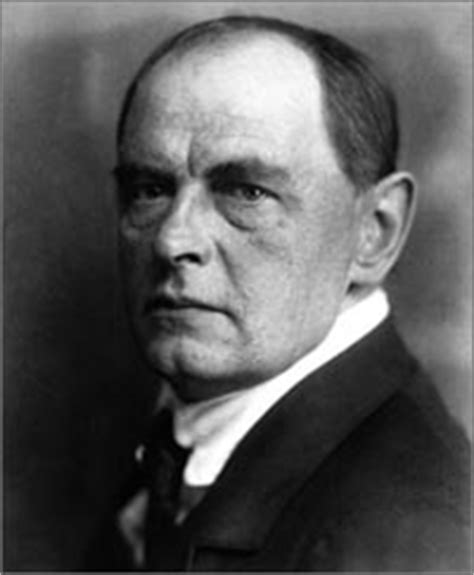A Quote by William Shakespeare
He that is proud eats up himself: pride is his own glass, his own trumpet, his own chronicle.
Related Quotes
When the father dies, he writes, the son becomes his own father and his own son. He looks at is son and sees himself in the face of the boy. He imagines what the boy sees when he looks at him and finds himself becoming his own father. Inexplicably, he is moved by this. It is not just the sight of the boy that moves him, not even the thought of standing inside his father, but what he sees in the boy of his own vanished past. It is a nostalgia for his own life that he feels, perhaps, a memory of his own boyhood as a son to his father.
To judge sins is the business of one who is sinless, but who is sinless except God? Who ever thinks about the multitude of his own sins in his heart never wants to make the sins of others a topic of conversation. To judge a man who has gone astray is a sign of pride, and God resists the proud. On the other hand, one who every hour prepares himself to give answer for his own sins will not quickly lift up his head to examine the mistakes of others.
The believer is sensible of his infirmities, for it is supposed that he is wrestling under them. He sees, he feels, that he is not man enough for his work; that his own hands are not sufficient for him, nor his own back for his burden; this is what drives him out of himself to the grace that is in Christ Jesus. And thus he lies open to the help of the Spirit, while proud nature in unbelievers is left helpless.
Private property is a natural fruit of labor, a product of intense activity of man, acquired through his energetic determination to ensure and develop with his own strength his own existence and that of his family, and to create for himself and his own an existence of just freedom, not only economic, but also political, cultural and religious.
With only one life to live we can't afford to live it only for itself. Somehow we must each for himself, find the way in which we can make our individual lives fit into the pattern of all the lives which surround it. We must establish our own relationships to the whole. And each must do it in his own way, using his own talents, relying on his own integrity and strength, climbing his own road to his own summit.
The Plagiarism of orators is the art, or an ingenious and easy mode, which some adroitly employ to change, or disguise, all sorts of speeches of their own composition, or that of other authors, for their pleasure, or their utility; in such a manner that it becomes impossible even for the author himself to recognise his own work, his own genius, and his own style, so skilfully shall the whole be disguised.
Whoever is wise is apt to suspect and be diffident of himself, and upon that account is willing to "hearken unto counsel"; whereas the foolish man, being in proportion to his folly full of himself, and swallowed up in conceit, will seldom take any counsel but his own, and for that very reason, because it is his own.
The man who works recognizes his own product in the world that has actually been transformed by his work. He recognizes himself in it, he sees his own human reality in it he discovers and reveals to others the objective reality of his humanity of the originally abstract and purely subjective idea he has of himself







































